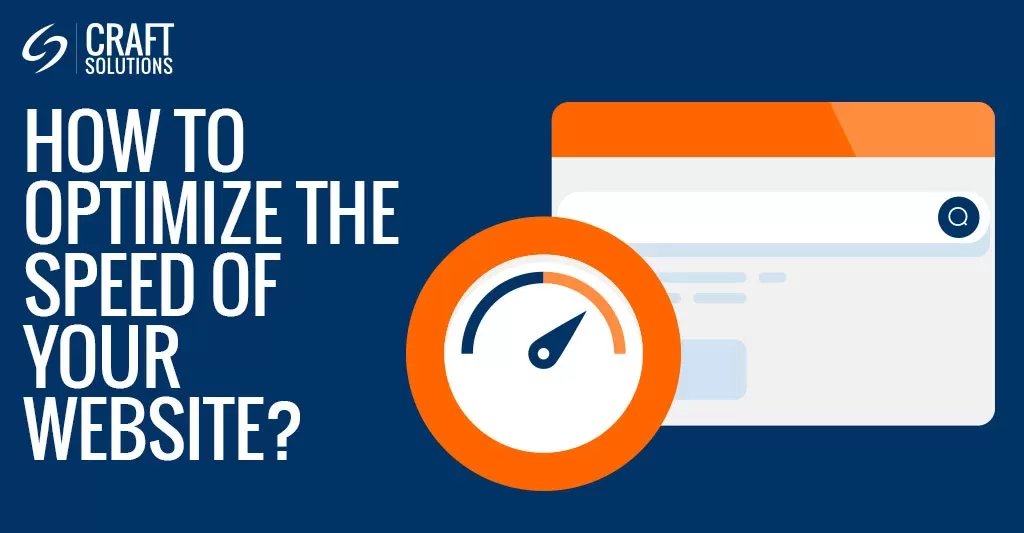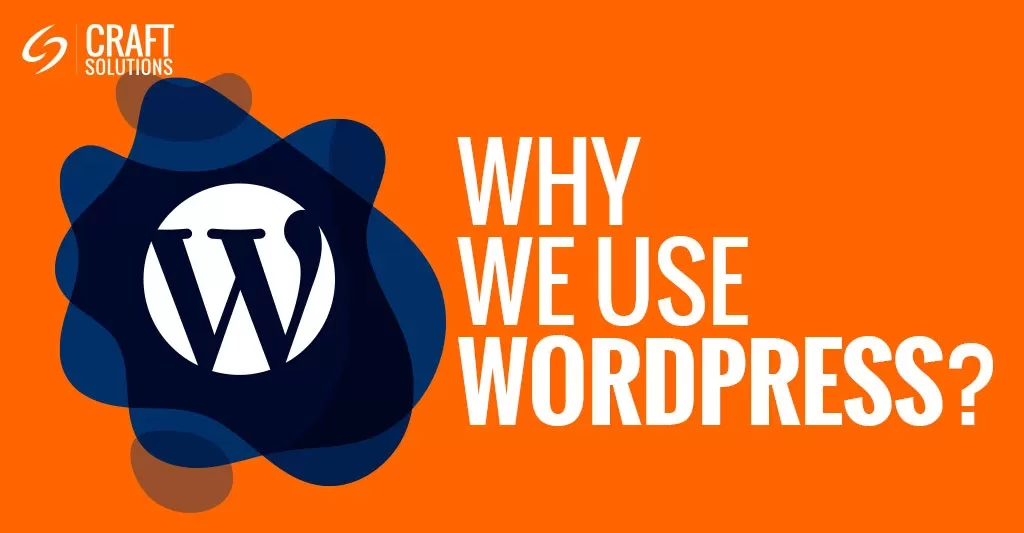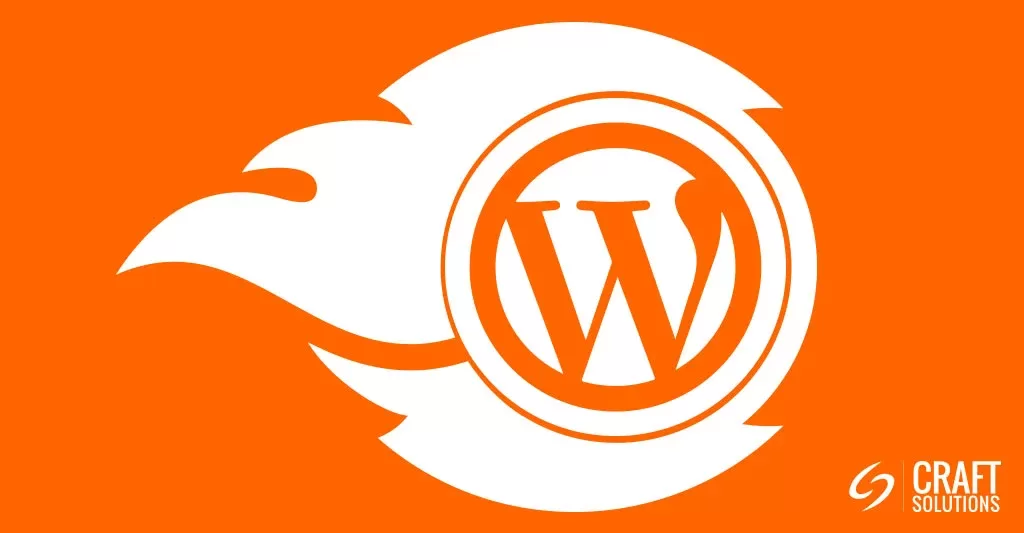How To Improve Website Speed?

Website page speed and performance are essential to the user experience on your site. The higher your website load time, the higher chance you’ll lose traffic.
Additionally, Google takes into account the website’s speed when ranking websites. It is possible to test your page rate for free from google out of Here, simply copy and paste your URL and click on analyze.
Many researches found that web page speed issues cause conversion issues; slow sites kill conversions.
In this article, we will learn about top suggestions that will allow you to enhance and optimize your site page rate and functionality, so let’s begin.
Minimize HTTP requests
One HTTP request is created for each component on your website, so the more components, the longer it takes to render the site.
Lowering the number of requests will boost your site speed, so look at your site requests and assess any unnecessary requests.
Minify and Combine Files
The next step towards speeding up the page speed is to minify and combine your website’s files like HTML, CSS, and JavaScript files. Combining files would be to unite all of your CSS files into a single CSS file.
Combining and minifying your websites’ documents reduces the files’ size and reduces the amount of the files, which helps to boost your site page speed.
Use Asynchronous Loading for Your JavaScript and CSS Documents
Scripts and style sheets can be loaded in two distinct ways, asynchronously or synchronously. If your documents load synchronously, they load one at a time, in the order, they appear on the webpage; on the other hand, if they load asynchronously, a few will load, and after a while, others are going to load, and so on.
Loading files asynchronously could also be a great optimization opportunity for your website page speed.
Reduce Images’ Sizes
Images’ sizes are an important element in your website performance because they often are very large files which can quickly slow down page loading times.
You can decrease your image size in many ways, and the easiest way is to use the specific image size that you need in your website design. Additionally, you can compress your pictures, which decreases the size and keeps the quality. Next-gen formats such as webp and JPEG 2000 will radically compress your images without losing quality.
Once you lower your site’s picture sizes, you will see the difference in your site page speed because the graphics are the biggest files of your site.
Upgrade your hosting
The performance of your server will impact your website’s performance, whether positively or negatively, especially for bigger sites, more resource-intensive sites, and higher traffic websites.
So, check if you need to update your hosting package. If you are using shared hosting, you could upgrade to a higher package or upgrade to a VPS hosting package.
Conclusion
You should always keep your eye on your page speed and attempt to minimize the page loading period as, as we mentioned, your performance is very valuable to your traffic and your conversion rate. If you would like to learn more, you can also check out our common WordPress mistakes article.



